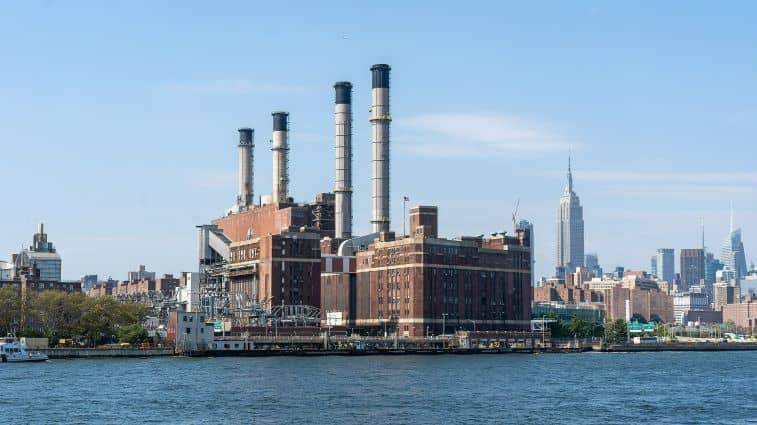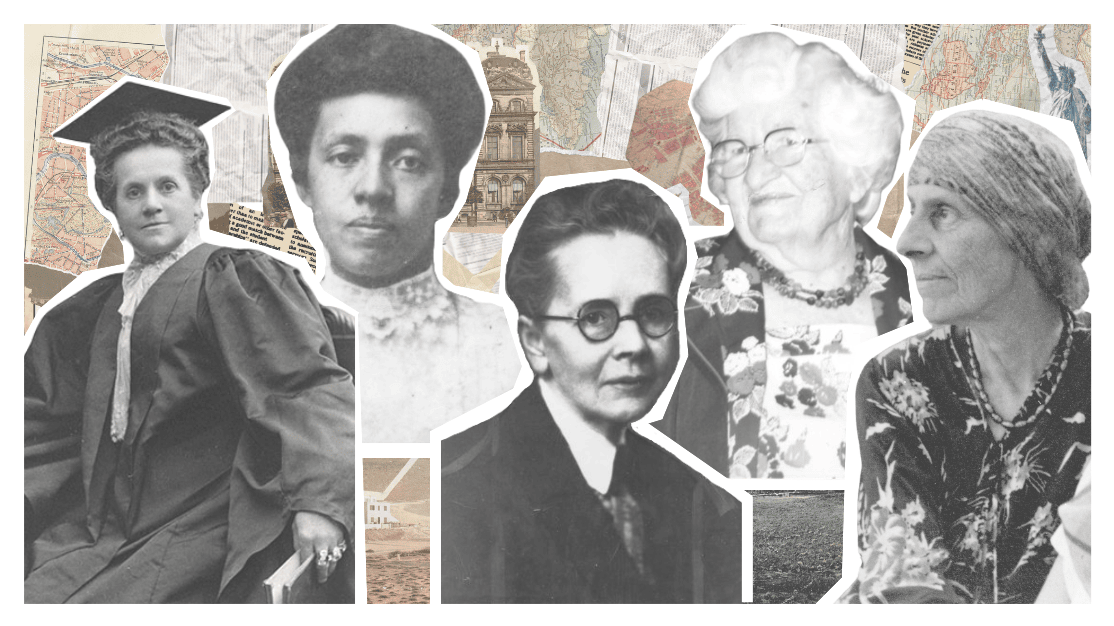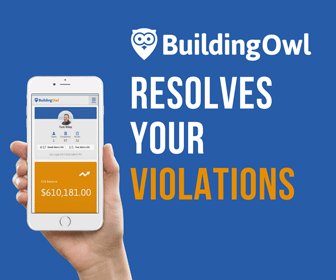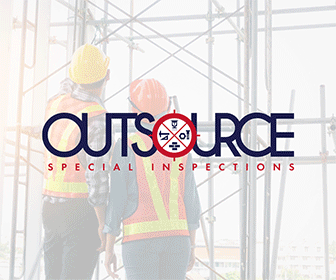
It’s Electrifying! New Council Bill Hopes to Limit Use of Gas Heat
As of late May 2021, a new bill introduced in the New York City Council could make a major impact on the city’s building and energy codes.
Intro 2317, modeled on similar legislation in Seattle and portions of California, seeks to amend the administrative code to limit the use of gas heating in new buildings and major renovations. Some proponents are referring to it as the “Gas Free NYC” bill, but that name is not yet official.
While the bill doesn’t outright outlaw gas heating, it prohibits the combustion of any substance that emits 50 kilograms of carbon dioxide per million BTUs in major projects.
In order to meet these standards, most if not all eligible projects would need to switch either in part or in full to cleaner heating methods, such as electric and other renewables.
Considering that air pollution from fossil fuel combustion kills 1 in 5 people around the world, and is estimated to have caused 1,114 premature deaths (before age 65) in New York City in 2017, this switch would both protect public health and fall in line with the city’s increasing green energy standards. According to RMI, New York State overall consumes and emits more pollution from buildings alone than any other state, with New York City buildings accounting for nearly 40% of that pollution.
Proposed exceptions to exceed this limit are:
- Buildings that require it for emergency standby power,
- Buildings where the owner can demonstrate that not using it would create undue hardship,
- Buildings that require it for manufacturing or for operation of a laboratory, laundromat, hospital, or commercial kitchen.
- Buildings “where the combustion of such substance occurs in connection with a device that contains no connection to a building’s gas supply line and is used on an intermittent basis.”
While there has been a lot of energy emissions and sustainability legislation for NYC buildings in the past decade, according to Amy Turner at the Sabin Center for Climate Change Law, this bill is unique in its focus on air emissions. It also neither incentivizes the use of other energy types (as some solar energy laws have done) or outright bans use of gas heat. This might be because other local governments that have used the latter approaches to go electric have more easily come under fire and not ended up getting passed.
In Intro 2317’s case, new and altered buildings would have more flexibility and might be able to use a mixed energy approach in order to comply with regulations, which would be especially helpful for major alteration projects.
While the construction community waits to see how this bill will unfold, feel free to reach out to Outsource Consultants for any sustainable construction and building code questions.
Resources
- Intro 2317
- NYPIRG Press Release
- RMI – “New York Emits More Building Air Pollution Than Any Other State”
- Sabin Center for Climate Law Change – “Emerging Local Legal Pathways for Building Electrification”
- Decoder – “Don’t Blow Your Cap: Building Emissions Adjustment Deadline”
- Decoder – “For What Its Earth”








